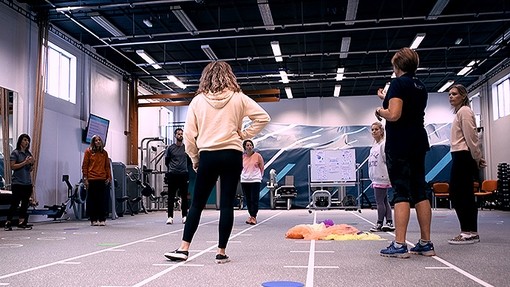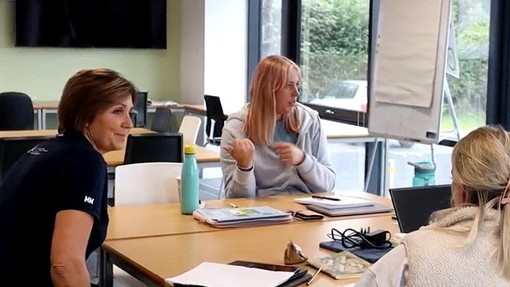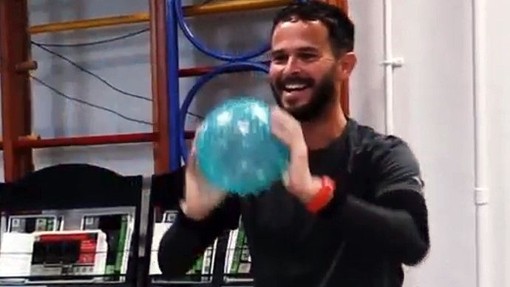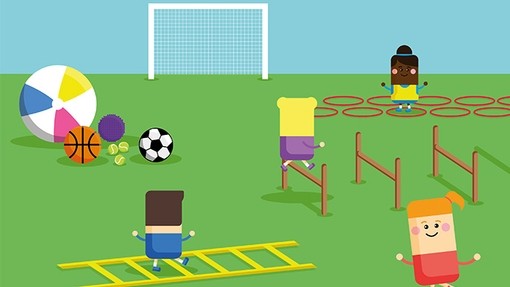
Training Courses: Health and Physical Literacy – Supporting Physical Development in Early Childhood
Introduction
Discover how high-quality movement in early childhood is essential for laying the foundations of physical activity, health, well-being, and academic outcomes.
We believe that programmes such as SKIP Cymru should be implemented across the country to ensure that every child develops the essential Fundamental Motor Skills they need to equip them for later life.
Health and Social Care Committee, Senedd Cymru
Why is this training so important?
This training helps address the increasing issue of inactivity, children living with obesity, declining health and poor academic outcomes.
Practitioners from education, health, community and family settings can support children’s health and well-being by understanding how…
- High quality movement in the early years is needed for physical development.
- Movement in early childhood creates connections in the brain and supports speech, language and literacy.
- Fundamental movement skills (FMS) underpin later physical activity and health.
- Not all skills develop just through playing and need to be taught in a developmentally appropriate way to meet the specific needs of each child.
- Children’s physical development is fundamental to self-esteem, confidence, and resilience, supporting mental health and well-being.
Topics covered on our courses
- Physical literacy
- Inclusive practice
- Health and well-being
- Early development
- Sensory integration
- Movement concepts
- Principles of SKIP-Cymru
- Motor development
- Stages of motor skills
- Practical strategies
- Tasks and equipment
On our training you will develop an understanding of:
- Physical development from birth to middle childhood including early childhood development, sensory motor integration and developmental milestones
- Contribution of movement to wider child development, including cognitive development, social skills, language and communication, self-esteem, confidence and resilience
- A range of approaches for developing a broad movement vocabulary which supports variety and quality in physical activity
- Theories of motor development and how you can apply these through a range of strategies in your practice
- To observe and analyse developmental stages of children’s motor skills and make judgements about the appropriate equipment and tasks to support a child’s development in a play-based approach
- Clear structures and strategies for managing groups of children in physical activity with inclusive practice
- How to evaluate a range of resources and approaches and use them in a developmentally appropriate way
- A range of strategies for working with parents and carers to support their children’s development at home.
Learner Reviews
All staff received the Developing and Supporting Physical Development in Early Childhood training, transforming the ethos of the school as now all staff see the importance of movement. There was a huge positive impact on the children’s motor development however this also transferred into their enthusiasm, concentration, engagement and positive behaviour in other areas of learning.
Headteacher, Pembrokeshire
We received an Ofsted inspection, and my Physical Education lesson was observed. The lead inspector was impressed with the range of engaging activities that catered for all the needs of the children and was interested in hearing about the benefits of the developmentally appropriate equipment and other aspects of the training. The physical education session was highlighted in the official Ofsted report; noted for developing deep knowledge and skills.
Teacher, England
Enquire about our training
To find out about course dates and to book onto a course email kirsty.edwards@uwtsd.ac.uk




